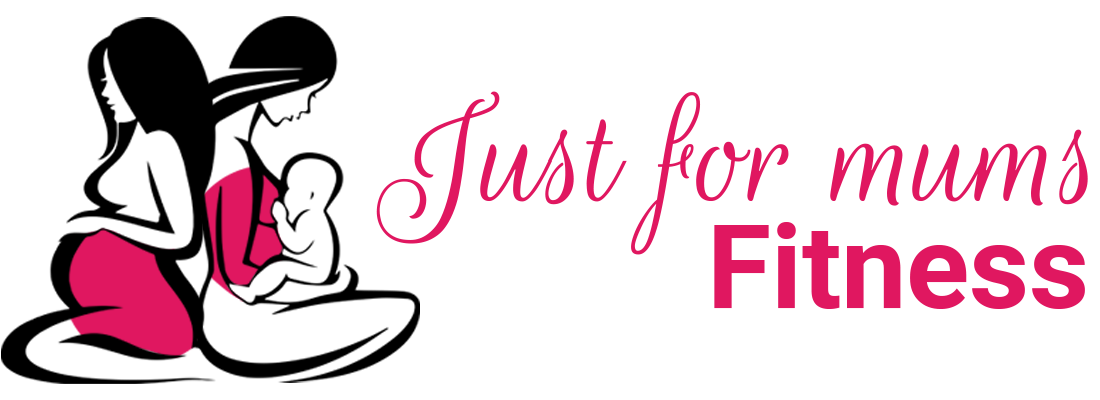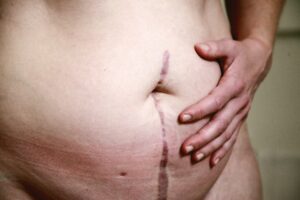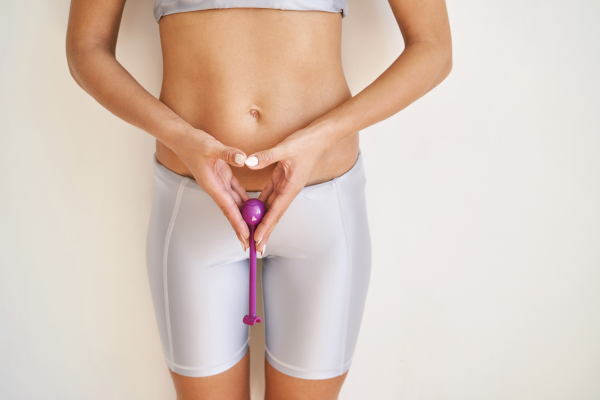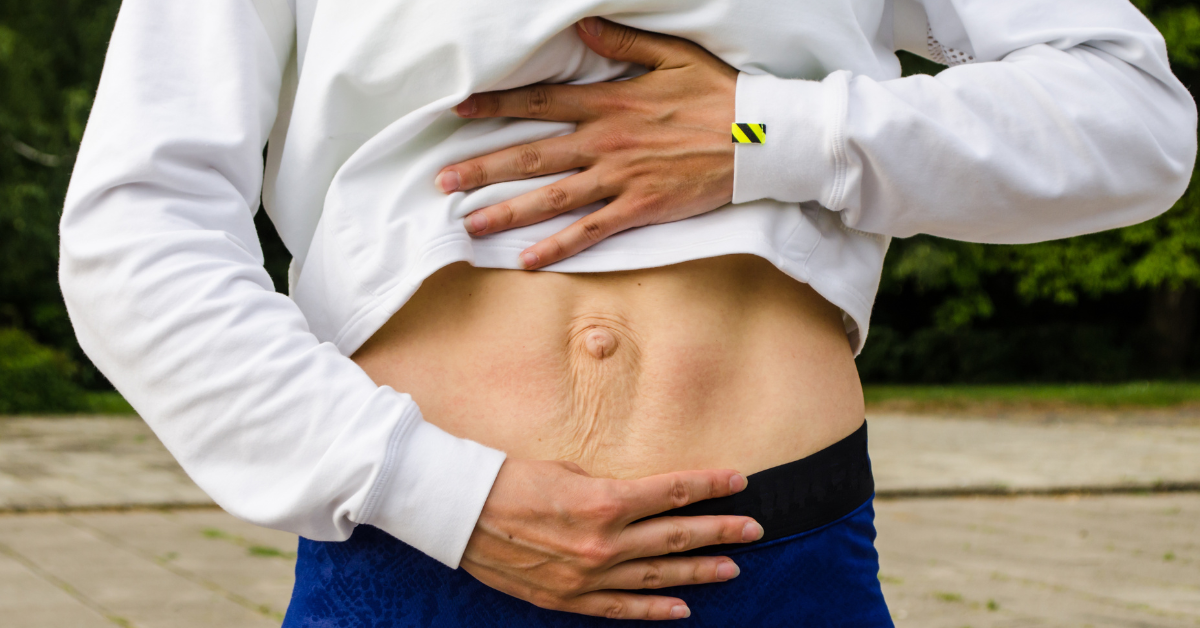It is normal for your belly to be swollen and firm after giving birth
This is because your uterus is still contracting and shrinking back to its pre-pregnancy size. This process, called involution, can take several weeks. Your belly may even appear larger than it did before pregnancy, and you may notice that it feels firm to the touch. Gentle massaging of the belly and breastfeeding can help this process.
You may experience bleeding or discharge for several weeks after delivery, known as postpartum bleeding or lochia
Lochia is a mixture of blood, mucus, and tissue that is shed from the lining of the uterus after childbirth. The amount of bleeding varies greatly from woman to woman, and it can range from light spotting to heavy bleeding. Typically, the bleeding will be heaviest in the first few days after delivery and will gradually taper off over the next few weeks. You may also experience some cramping or discomfort during this time.
Your hormones are fluctuating, which can cause mood swings, fatigue and difficulty sleeping
After giving birth, your body is going through significant hormonal changes. These changes can cause mood swings, feelings of sadness or depression, anxiety, fatigue, and difficulty sleeping. These feelings are normal but it’s important to take care of yourself and to let your partner, family or friends know what you need for support.
Your uterus will shrink back to its pre-pregnancy size, and this process can cause cramping
As mentioned above, while your uterus shrinks, you may experience some cramping or discomfort. This is normal. You can help alleviate the cramping by breastfeeding, which causes your uterus to contract, and by gently massaging your belly.
You may experience incontinence or difficulty controlling your bladder or bowel movements
Childbirth can weaken the muscles that control your bladder and bowel movements. This can cause incontinence or difficulty controlling your bladder or bowel movements. This is normal, and it’s usually temporary. With the help of a trained specialist, pelvic floor exercises when done correctly help strengthen your muscles which will prevent incontinence and bladder control issues in the long term.
You may have hair loss as a result of hormonal changes
After giving birth, many women experience hair loss due to hormonal changes. This hair loss is usually temporary and your hair will grow back in time.
Your breasts may be swollen and leak milk, especially if you are breastfeeding
Your breasts may be swollen and tender due to the milk coming in. You may also experience leaking, especially when your baby cries or when you hear a baby crying. This is perfectly normal. It’s important to wear nursing pads to absorb the leaking milk.
You may experience constipation as a result of decreased physical activity and pain medication
After giving birth, many women experience constipation due to decreased physical activity and pain medication. Drinking plenty of fluids and eating a high-fibre diet can help alleviate this.
It is important to rest and take care of yourself and avoid strenuous activities for at least six weeks after giving birth
It’s important to take it easy during the first six weeks after giving birth. This means getting plenty of rest and avoiding strenuous activities. It’s also important to take care of yourself, both physically and emotionally. Read more about rehab and recovery here.
You should consult with your healthcare provider to ensure proper recovery and address any concerns or complications
It is important to have regular follow-up appointments with your healthcare provider to ensure proper recovery and to address any concerns or complications. Your healthcare provider can also provide you with information and resources to help you take care of yourself and your baby.







